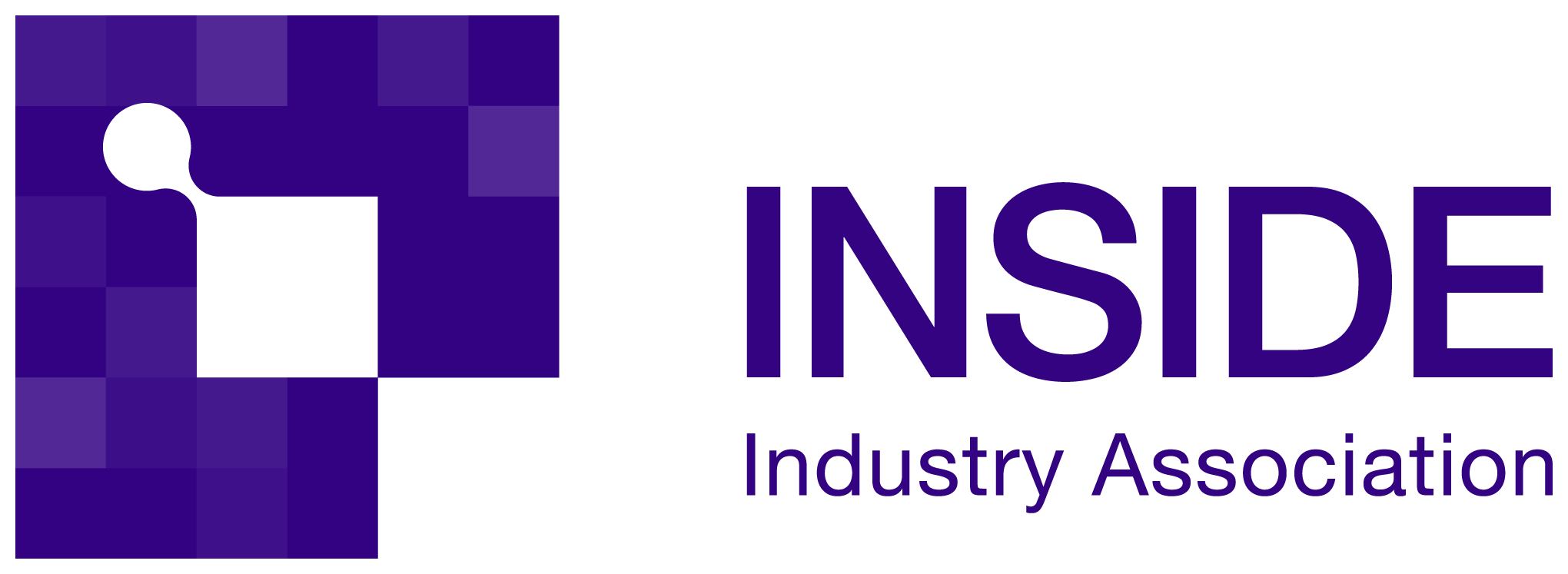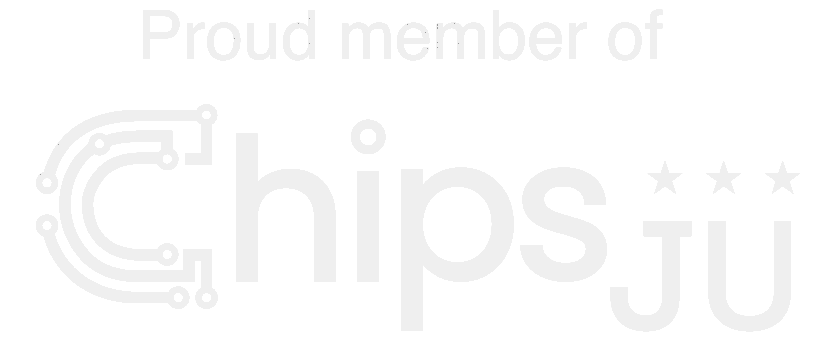
The Innovative Health Initiative (IHI) and Innovative Medicines Initiative (IMI) are laying the groundwork for the European Health Data Space (EHDS), fostering a secure and collaborative environment for health data sharing. By improving interoperability and breaking down data silos, these initiatives are critical in advancing European healthcare.
Enabling Seamless Health Data Sharing
EHDS envisions seamless data exchange between researchers and clinicians, with patient consent, to accelerate diagnoses and treatments. However, European health data remains fragmented across diverse systems, languages, and formats. Standardization and accessibility remain key challenges, compounded by legal, ethical, and technical barriers. IHI and IMI provide a trusted framework for overcoming these obstacles and unlocking high-quality data for research.
Beyond electronic health records, valuable datasets from registries, clinical trials, cohort studies, and real-world evidence must also be harmonized. Ensuring that these datasets are compatible and accessible will enable researchers to identify broader patterns and develop more precise treatments.
“Data-driven research in the health sciences rests on the trust from research participants, patients, regulators and society at large. IHI’s public-private partnerships, with their broad cross-sectorial involvement, are ideal platforms to advance Europe’s innovation potential.
Niklas Blomberg, IHI Executive Director
All of these ongoing projects will pave the way towards the EU’s vision for an interoperable and connected European health data space, with all the benefits for society that it will bring.”


IHI’s Role in Driving Progress
IHI is spearheading new projects, including IDERHA, which is creating a federated health data space focused on lung cancer. With 400,000 annual deaths in Europe, lung cancer research is critical. IDERHA aligns with regulatory needs and integrates diverse health data to improve screening and patient monitoring.
“Our goal is to build a secure research infrastructure for digitally-enabled healthcare solutions,”
Christian Muehlendyck of Johnson & Johnson, industry lead for IDERHA
IDERHA has also mapped its objectives to align with key EHDS initiatives, ensuring consistency in terminology and methodology. Additionally, the project is evaluating AI and machine learning applications to standardize cancer data, collaborating with other initiatives such as IMI Optima and Gravitate-Health.
In January 2025, IHI launched a call for proposals to explore how EHDS can facilitate secondary health data use while safeguarding intellectual property, aiming to establish frameworks for harmonized data sharing between public and private sectors.
IMI’s Foundational Contributions
IMI has been advancing EHDS goals for years through key projects:
- EHDEN harmonized over 400 million anonymized health records into a common data model.
- H2O empowers patients with digital tools to control and report health outcomes.
- Optima is developing a GDPR-compliant oncology data platform covering 200 million patients.
- BIGPICTURE iis creating an AI-ready repository for medical imaging data, working towards the standardization and ethical use of image-based health information.
Shaping the Future of Health Data in Europe
IThrough IHI and IMI, Europe is fostering collaboration, ensuring regulatory compliance, and leveraging AI and federated learning to drive data-driven healthcare innovation. As EHDS evolves, these initiatives will remain at the forefront, shaping a more connected and patient-centric healthcare ecosystem.
By bridging gaps between public and private sectors, they ensure that data-driven healthcare solutions remain ethical, secure, and beneficial for all stakeholders.



Leave a Reply